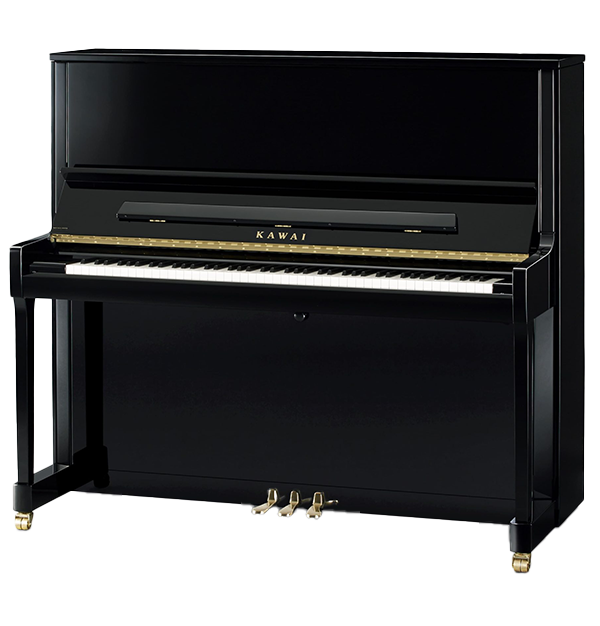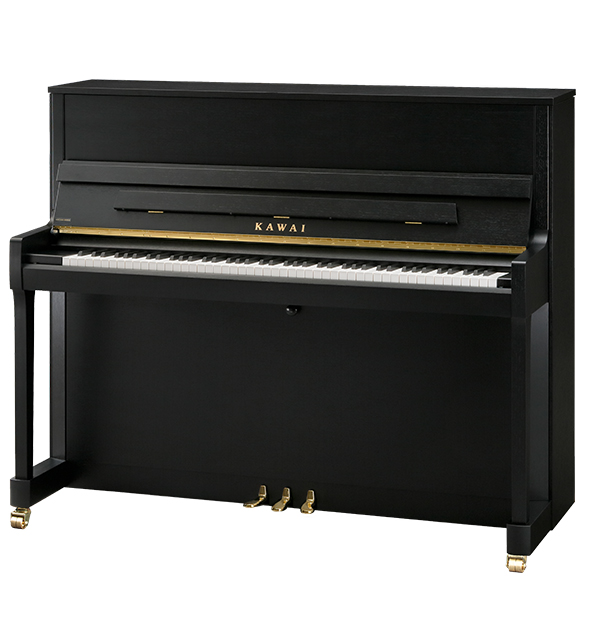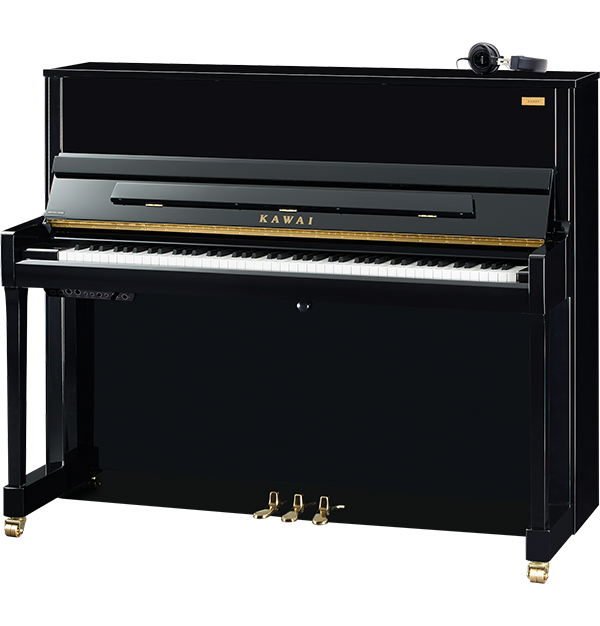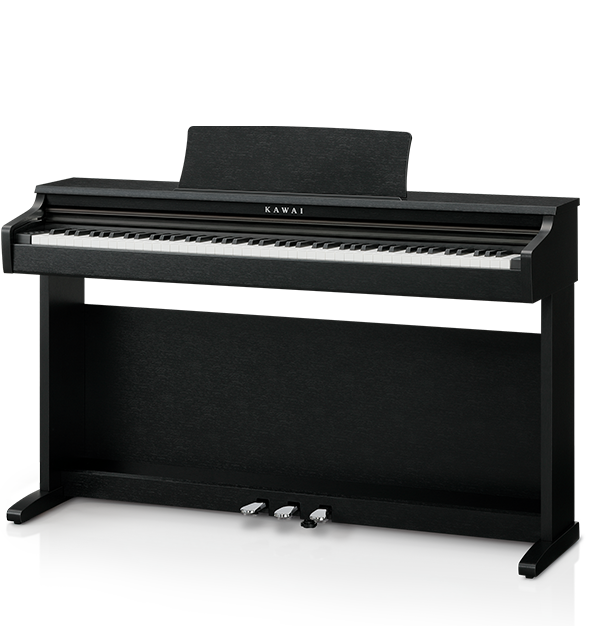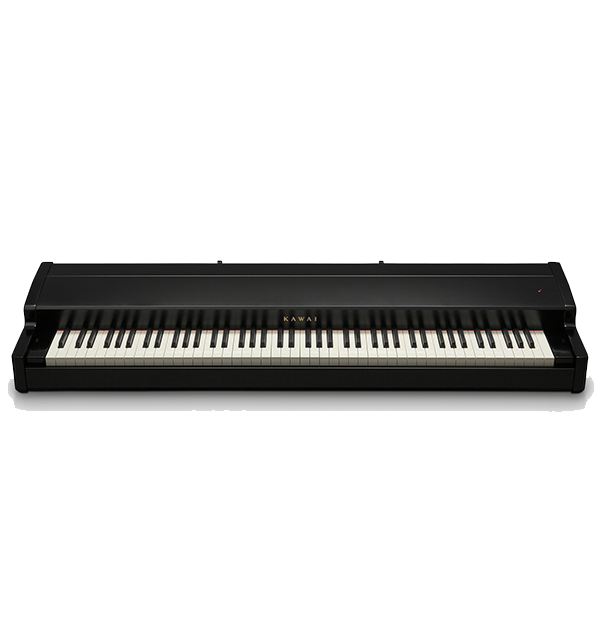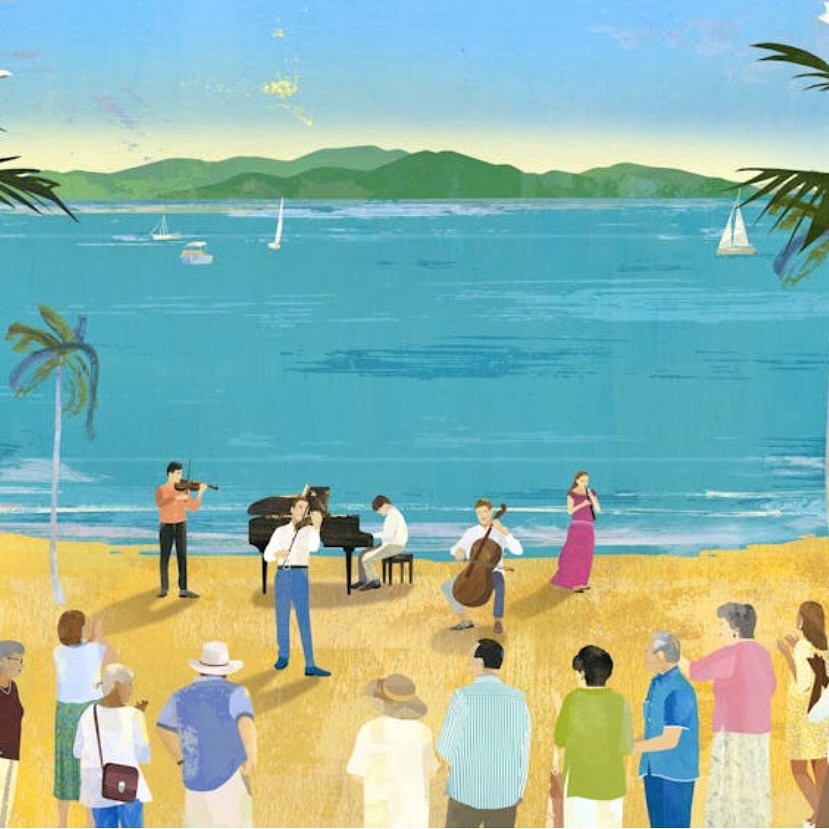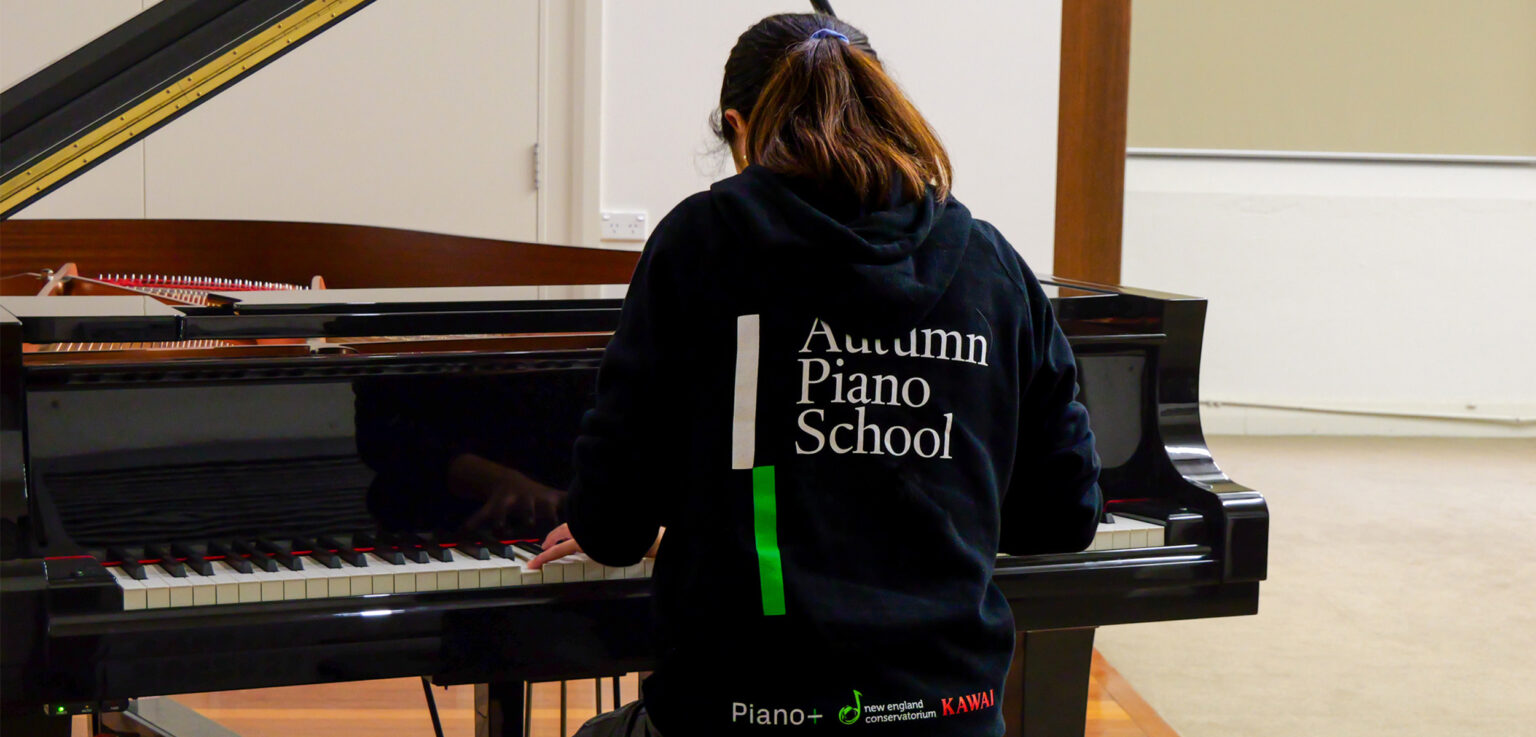John Field
John Field (1782-1837) was an Irish composer, pianist and teacher, and was one of Muzio Clementi’s most notable students. It was in Russia where he would have his biggest success, and he is best known as the creator of the nocturne, however evidence suggests that this is a posthumous recognition. Field’s romantic lyricism and harmonic language was well ahead of the prevailing styles of the day. The texture is that of a chromatically embellished, Bellini-like melody over undulating left-hand parts, supported by carefully considered pedalling. His 18 nocturnes are representative of his distinct style and was among the most influential music on the Romantic period. Field was well regarded among his peers and he anticipated Chopin in many directions. Field also gave lessons to the young Mikhail Glinka, who was to become the first notable Russian composer. Field is considered the first of the piano-poets, and as such was a more significant innovator than the flashy Kalkbrenner or the arch-classicist Hummel.
Watch Nocturne in B flat major
Charles-Valentin Alkan
Charles-Valentin Alkan (1813-1888) was a French Jewish composer and piano virtuoso that spent the majority of his life in Paris. Seldom in the public eye, Alkan was a recluse and a composer of some virtually unplayable music. He was a child prodigy who entered the Conservatoire de Paris at an unusually early age, studying both the piano and organ. A contemporary of Chopin and Liszt, Alkan’s musical output is less well-known, however still offers some hidden gems worthy of listening by connoisseurs and worthy of attempt by the bravest of pianists. Chopin and Liszt were Alkan’s friends and Chopin even appeared as a guest artist in his concerts. Alkan’s enormous Opus 39 collection of twelve studies in all minor keys, contains the treacherously difficult Le festin d’Esope (Aesop’s Feast), showcasing rhythmic drive, pungent harmony, outrageous wit and uncompromising pianistic writing. Alkan was attempting to reach for a Hebrew religious book on top of a large shelf when the entire bookcase turned over and crushed him to death.
Watch Etude Op.39 No.12 – Le Festin D’Esope
Anatoly Lyadov
Anatoly Lyadov (1855-1914) was a Russian composer, teacher and conductor. During the 1870s he became associated with the group of composers known as ‘The Mighty Five’, which included Mily Balakirev, Cesar Cui, Modest Mussorgsky, Nikolai Rimsky-Korsakov and Alexander Borodin. While Lyadov’s technical prowess was highly regarded among his peers, his unreliability stood in the way of his success. The quantity of published works is relatively low due to his self-critical lack of confidence. It is said that the aristocrat, ballet critic and founder of the Ballet Russes, Sergei Diaghilev approached Lyadov in 1910 to compose the music for a Russian ballet based on the Firebird legend. After continual delay from Lyadov, Diaghilev approached Igor Stravinsky in desperation to write the music instead, which he did. ‘Firebird’ turned out to be the most popular work Stravinsky ever composed.
Watch 3 Morceaux, Op.11
Amy Beach
Amy Beach (1867-1944) was an American pianist and composer, and was the first highly successful American female composer of classical music. She was among the first American composers to succeed without musical training in Europe and became one of the most notable composers of her era. She became a member (and the lone female) of an elite group of composers known as the ‘Boston Group’, which included John Knowles Paine, Arthur Foote, George Chadwick, Edward MacDowell, George Whiting and Horatio Parker. Her writing is regarded as Romantic, and often compared to the style of Brahms or Rachmaninov. In her later works she experimented more and moved towards more exotic harmonies and techniques. She was a musical intellectual who wrote for journals, newspapers and other publications. She gave advice to younger musicians and composers, particularly female composers.
Watch Five Improvisations for Piano Op.148
Sergei Bortkiewicz
Sergei Bortkiewicz (1877 – 1952) was a Ukrainian-Polish Romantic composer and pianist. He received his musical training at the Imperial Conservatory of Music in Saint Petersburg and the Leipzig Conservatory. Living during such tumultuous times, including: World War 1, the Russian Revolution, World War II, life was not simple for Bortkiewicz and his family. Bortkiewicz’s piano style is lyrical and nostalgic, and offers similarities with works of Tchaikovsky, Rachmaninoff, Liszt, Chopin and early Scriabin. During the terrible years of World War II, the Piano Sonata No.2, Op.60 was composed. Unfortunately, the greater part of his printed compositions was held by his German publishers, and were destroyed in the bombing of Germany cities.
Watch Sonata no.2 in C-sharp minor, Op.60
Nikolai Kapustin
Nikolai Kapustin (1937 – ) is a Ukraine-born, Russian composer and pianist with a reputation as a jazz pianist, arranger and composer. He acquired this reputation in the 1950s and is steeped in the traditions of both classical virtuoso pianism and improvisational jazz. He fuses these influences in his compositions, using jazz idioms in formal classical structures. Among his works (161 compositions to date) are 20 piano sonatas, six piano concertos, piano works for solo piano and 4 hands (as well as 2 pianos), a violin concerto, two cello concertos, piano trios, string quartets, a piano quintet and a significant number of other chamber works, as well as compositions for orchestra and big band.
Watch Etude Op.40 No.3 – Toccatina
William Bolcom
William Bolcom (1938 – ) is an American composer and pianist. He has received numerous accolades, including a Grammy Award, the Pulitzer Prize, the National Medal of Arts and was named 2007 Composer of the Year by Musical America. Bolcom incorporated a variety of different musical styles and genres in his music, including modern classical styles, tonal classical styles, bluegrass, country, soul, folk, rock musical and reggae. Bolcom taught composition at the University of Michigan from 1973 – 2008.
Watch Graceful Ghost Rag
Grant Foster
Grant Foster (1945 – ) is an Australian composer, pianist, teacher, senior AMEB examiner and novelist. His musical style is lyrical, romantic, incorporates luscious harmonies and is highly emotive. His writing shares similarities with the musical language of Rachmaninov, Scriabin, Chopin and Tchaikovsky. In 1966 Foster won the State ABC Concerto Competition with his performance of the Piano Concerto in D-flat by Aram Khachaturian. Fosters compositions include works for piano, songs, chamber music, a flute concerto, symphonies and piano concertos.
Watch Three Poems for Piano
Fazil Say
Fazil Say (1970 – ) is a Turkish composer and pianist. A child prodigy, he commenced piano lessons at the age of three. His personal style includes fantasia-like structures, dance-like rhythms, driving pulse and a wealth of melodic ideas that can be traced back to folk themes of Turkey and neighbouring countries. In this way, Fazil Say shares similarities with the traditions of composers like Bela Bartok, who also drew on the rich folklore of his country. He attracted international attention with his piano piece Black Earth in 1997. This piece was inspired by ‘Kara Toprak’, a popular song in Turkey. The composer of the song (Asik Veysel) was the last great Turkish balladeer and the final link in a thousand-year tradition. The song describes loneliness and loss. All that remains is the black earth, the colour of the landscape in his native town of Sivas. Fazil Say imitates the sound of the Turkish lute by using muted string effects in the work’s introduction and Epilogue.
Watch Black Earth
And for more, check out The Lives of the Great Composers and The Great Pianists, both by Harold Schonberg.



